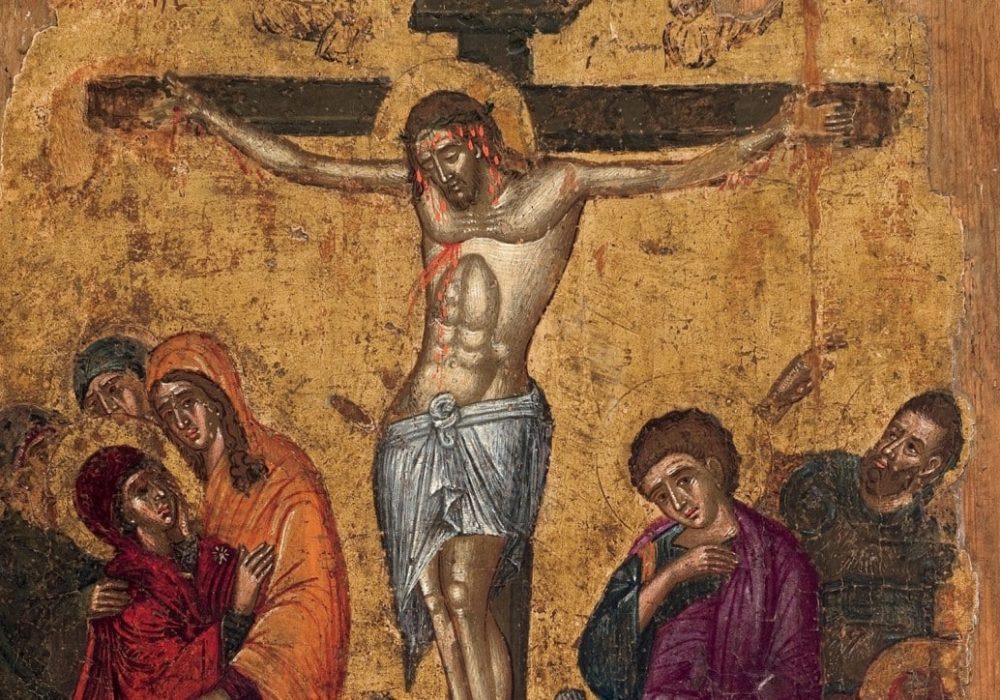This event was Cosponsored by the Theology and Ethics Workshop, the Orthodox Christian Fellowship, and St. Makarios the Great Orthodox Mission. Fr. Behr also led a master class for students and faculty on January 17 on Maximus the Confessor.
On his way to Rome, Ignatius of Antioch urges the Christians there not to interfere with his impending martyrdom: ‘hinder me not from living, do not wish me to die, allow me to receive the light, when I will have arrived here, I will be a human being’! In this lecture, Fr John Behr will explore how the Gospel of John alludes back to Genesis to show that Christ is the true human being, inviting us also to become human.
About Fr. Behr’s book John the Theologian and his Paschal Gospel: A Prologue to Theology (Oxford University Press, 2019)
This study brings three different kinds of readers of the Gospel of John together with the theological goal of understanding what is meant by Incarnation and how it relates to Pascha, the Passion of Christ, how this is conceived of as revelation, and how we speak of it. The first group of readers are the Christian writers from the early centuries, some of whom (such as Irenaeus of Lyons) stood in direct continuity, through Polycarp of Smyrna, with John himself. In exploring these writers, John Behr offers a glimpse of the figure of John and the celebration of Pascha, which held to have started with him.
The second group of readers are modern scriptural scholars, from whom we learn of the apocalyptic dimensions of John’s Gospel and the way in which it presents the life of Christ in terms of the Temple and its feasts. With Christ’s own body, finally erected on the Cross, being the true Temple in an offering of love rather than a sacrifice for sin. An offering in which Jesus becomes the flesh he offers for consumption, the bread which descends from heaven, so that ‘incarnation’ is not an event now in the past, but the embodiment of God in those who follow Christ in the present.
The third reader is Michel Henry, a French Phenomenologist, whose reading of John opens up further surprising dimensions of this Gospel, which yet align with those uncovered in the first parts of this work. This thought-provoking work brings these threads together to reflect on the nature and task of Christian theology.

